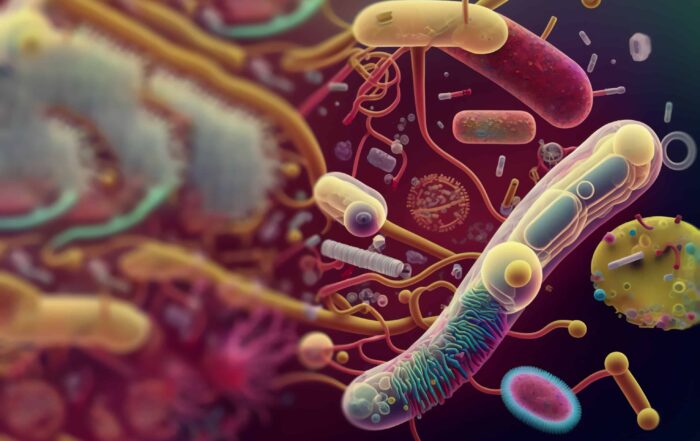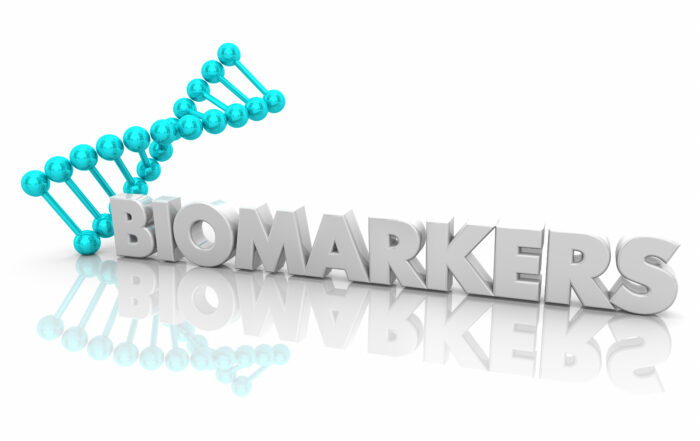Giving vitamin D supplements to children with autism spectrum disorders (ASD) may improve their symptoms, according to a new study from Iran.
Zohreh Javadfar and colleagues enrolled 43 children with ASD in the study. The researchers administered vitamin D drops (from 300 IU/kilogram up to 6000 IU/kilogram daily) to approximately half of the group for 15 weeks, while the other half received a placebo.

The researchers evaluated the children’s behavior before and after supplementation using the Childhood Autism Rating Scale (CARS), the Autism Treatment Assessment Checklist (ATEC), and the Aberrant Behavior Checklist-Community (ABC-C). Because vitamin D helps regulate levels of serotonin, which are altered in autism, the researchers also measured the children’s serum levels of serotonin at the beginning and end of the study. In addition, because vitamin D is antiinflammatory and autism may be associated with elevated levels of proinflammatory cytokines such as interleukin-6 (IL-6), the researchers measured serum IL-6 levels before and after treatment.
At the beginning of the study, more than 86% of the children had a vitamin D deficiency. By the end of the study, however, serum levels of vitamin D had increased significantly in the group getting the vitamin D drops. Scores on both the CARS and ATEC scales improved significantly in this group, and the researchers say that “nearly all symptoms relating to neurodevelopmental defects… were significantly improved following vitamin D supplementation.” However, there was no change in the children’s levels of serotonin or IL-6, and no change on the ABC-C.
The researchers conclude, “These findings suggest that vitamin D supplementation may improve ASD symptoms; however, more studies with longer duration are indispensable to confirm our results.”
—
“Effects of vitamin D supplementation on core symptoms, serum serotonin, and interleukin-6 in children with autism spectrum disorders: a randomized clinical trial,” Zohreh Javadfar, Hadi Abdollahzad, Jalal Moludi, Shahab Rezaeian, Houshang Amirian, Ali Akbar Foroughi, Seyed Mostafa Nachvak, Nasrin Goharmehr, and Roghayeh Mostafai, Nutrition, Vol. 79-80, November-December 2020 (online). Address: Corresponding author: Dr. Hadi Abdollahzad, Department of Nutritional Sciences, School of Nutritional Sciences and Food Technology, Kermanshah University of Medical Sciences, Kermanshah, Iran, [email protected].
This article originally appeared in Autism Research Review International, Vol. 34, No. 4, 2020
Editorial – Fecal Microbiota Transplantation and Autism
Over the past several years, Fecal Microbiota Transplantation (FMT) has become the subject of growing interest in the autism community due, at least in part, to the increased awareness of the gut-brain
ARI’s Latest Accomplishments
Connecting investigators, professionals, parents, and autistic people worldwide is essential for effective advocacy. Throughout 2023, we continued our work offering focus on education while funding and support research on genetics, neurology, co-occurring medical
Biomarkers start telling us a story: Autism pathophysiology revisited
Antonio Persico, MD, a recent ARI Research Grant recipient, explores the role of biomarkers in understanding autism pathophysiology. He discusses the complexity inherent to neurodevelopmental conditions and emphasizes the need to combine




